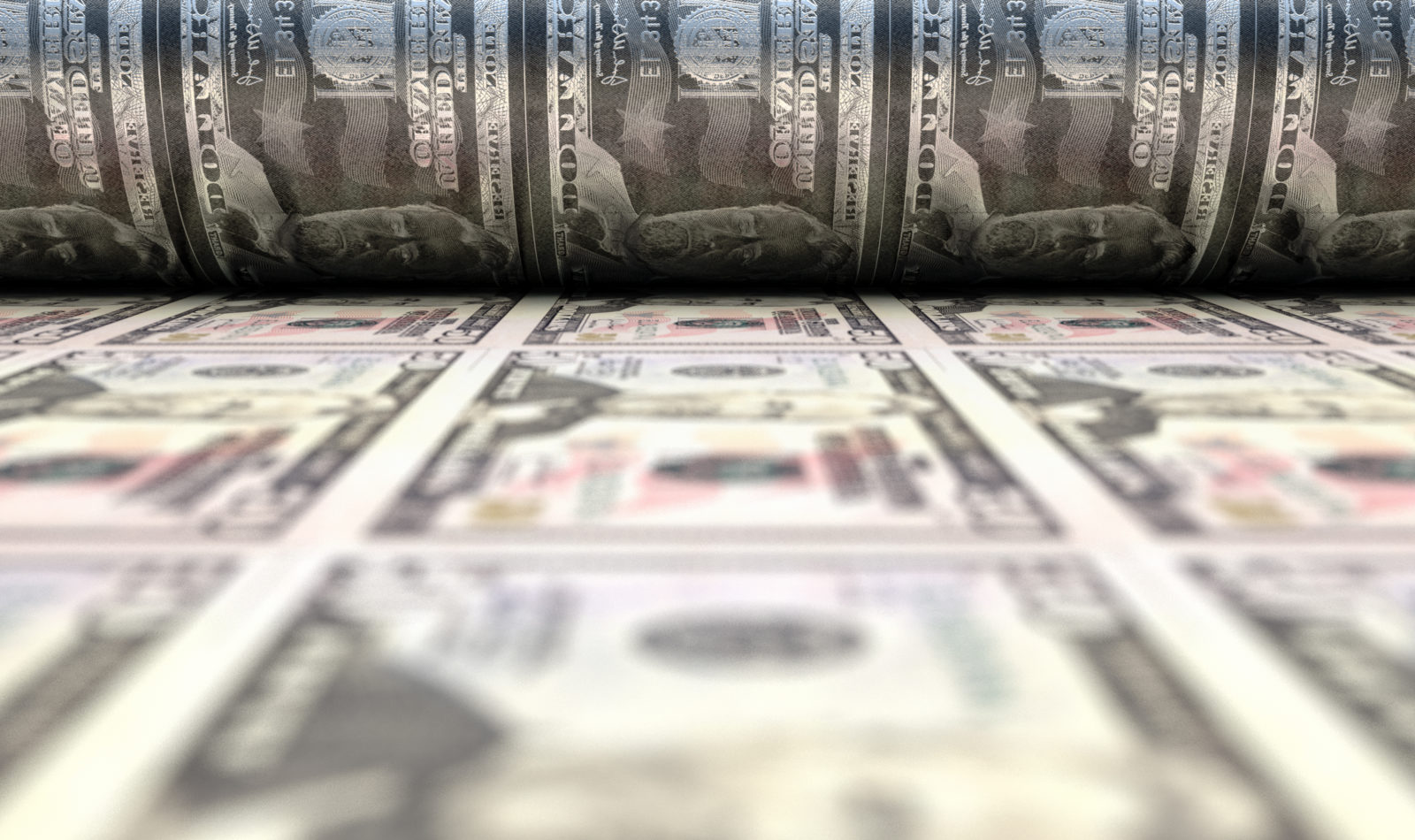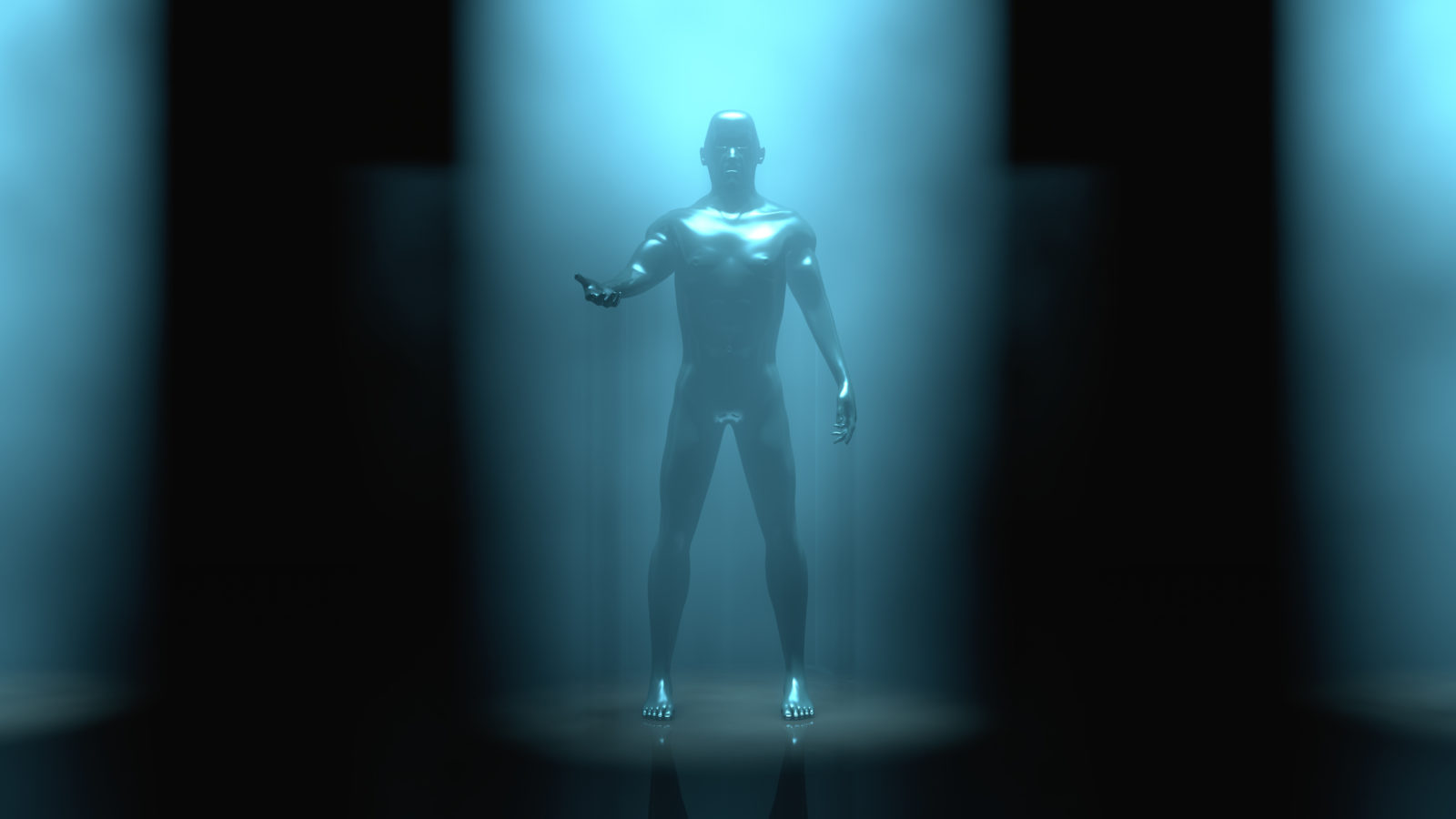
Close the Mint?
Both the European Union and the U.S. government have proved themselves to be incompetent to mint coins. The Economist Magazine just reported that “1- and 2-euro coins, when clutched in sweaty hands, release 300 times more nickel than is allowed by EU guidelines.” According to The Washington Times: “Three years after its splashy introduction by the U.S. Mint, the Sacawagea Read More ›


